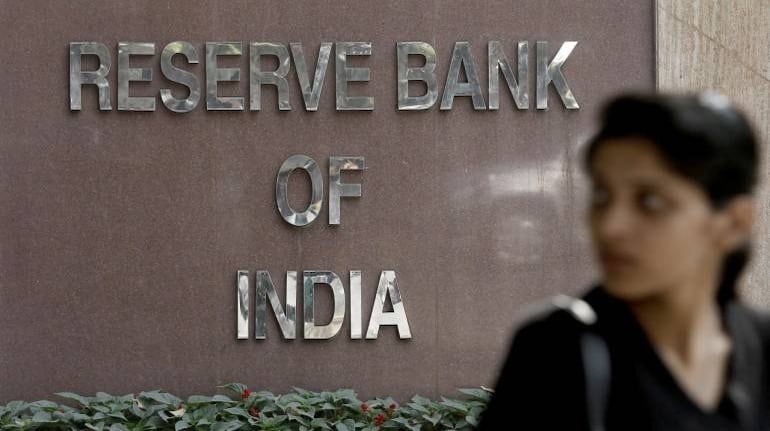Risk aversion resulting in banks becoming extremely careful while giving fresh loans to borrowers. This is because of the fear that these loans could turn bad in future.
The Reserve Bank of India (RBI) wants Indian banks to shed high risk aversion that is impeding the credit growth to productive sectors. Risk aversion resulting in banks becoming extremely careful while giving fresh loans to borrowers.
This is because of the fear that these loans could turn bad in future. Banks need to set aside capital against loan losses under RBI norms.
In its 2019-20 annual report, the RBI said “Indian banking has to be liberated from the risk aversion that is impeding the flow of credit to the productive sectors of the economy and undermining the role of banks as the principal financial intermediaries in the economy.”
Also Read: RBI's annual report: Moratorium, loan restructuring may impact banks’ health
The RBI’s comments are significant since banks have considerably slowed down lending to most sectors in the aftermath of COVID-19 fearing loan defaults in future. Bank credit growth has slowed to multi-decade low this year despite the RBI’s efforts to infuse significant amount of liquidity to the banking system.
From the start of March, the RBI has infused around Rs 8 lakh crore to Rs 9 lakh crore through various schemes into the banking system including multiple rounds of long-term repo operations.
The RBI also cut the repo rate or key lending rate by a total 115 basis points since March. One bps is one hundredth of a percentage point. However, these measures have not helped to push credit growth in a big way.
Already, banks are sitting on a huge pile of NPAs with total bad loans around Rs 9 lakh crore. In a worst case scenario, banking sector NPAs are likely to escalate to 15 per cent of the total loans, the RBI has said in its latest financial stability report.
To prevent a sudden rise of NPAs in the banking system, the RBI announced a slew of measures including loan moratorium and restructuring of loans.
The RBI annual report said regulatory dispensations that the pandemic has necessitated in terms of the moratorium on loan instalments, deferment of interest payments and restructuring could have implications for the financial health of banks, unless they are closely monitored and judiciously used.
Although gross and net non-performing asset ratios had come down in March 2020 along with receding slippage ratios, the economic fallout of the pandemic is likely to test this resilience, the RBI said.







